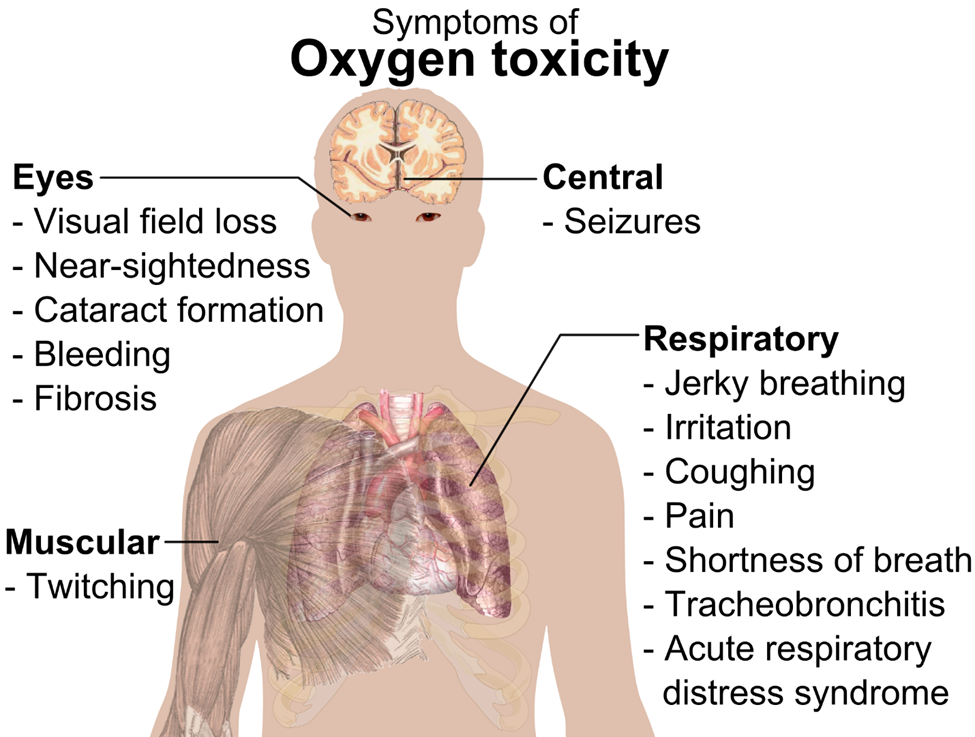A nurse enters a client's room to administer medication and finds the client lying in bed disoriented with labored and fast respirations. Which of the following actions should the nurse take first?
Prepare the client for endotracheal suctioning.
Elevate the head of the bed.
Request a chest x-ray.
Obtain a sputum culture.
The Correct Answer is B
A. Prepare the client for endotracheal suctioning.
Endotracheal suctioning is a procedure used to clear secretions from the airway, which may be necessary in cases of respiratory distress. However, it is not the first action to take in this scenario. Before proceeding with suctioning, the nurse should first assess the client's respiratory status and implement interventions to improve ventilation and oxygenation.
B. Elevate the head of the bed.
This is the correct action to take first. Elevating the head of the bed helps improve the client's respiratory mechanics by allowing better lung expansion and reducing the work of breathing. It also helps alleviate symptoms of respiratory distress. This intervention should be implemented immediately to optimize the client's breathing.
C. Request a chest x-ray.
While a chest x-ray may provide valuable information about the client's respiratory status, it is not the first action to take in this acute situation. Chest x-rays require time to be performed and interpreted, which may delay necessary interventions to address the client's immediate respiratory distress.
D. Obtain a sputum culture.
Obtaining a sputum culture may be indicated to identify the underlying cause of respiratory distress, such as infection. However, it is not the first action to take when the client is experiencing acute respiratory distress. The priority is to implement interventions to improve ventilation and oxygenation to stabilize the client's condition.
Nursing Test Bank
Naxlex Comprehensive Predictor Exams
Related Questions
Correct Answer is C
Explanation
A. Muscle twitching
Muscle twitching is not a typical manifestation of oxygen toxicity. Instead, muscle twitching may be indicative of other conditions such as electrolyte imbalances (e.g., hypocalcemia or hypomagnesemia), neuromuscular disorders, or overstimulation of the nervous system.
B. Metallic taste in mouth
A metallic taste in the mouth is not commonly associated with oxygen toxicity. Instead, a metallic taste in the mouth may occur as a side effect of certain medications, dental issues, or as a symptom of other medical conditions such as acid reflux or oral infections.
C. Facial flushing
Facial flushing is a characteristic finding in oxygen toxicity. When exposed to high levels of oxygen over an extended period, individuals may experience facial flushing due to the vasodilatory effects of oxygen on blood vessels. This dilation of blood vessels leads to increased blood flow to the face, resulting in flushing or reddening of the skin.
D. Periorbital edema
Periorbital edema, or swelling around the eyes, is not a typical manifestation of oxygen toxicity. Instead, periorbital edema may occur as a result of various other conditions such as allergies, sinusitis, or fluid retention. It is not directly related to exposure to high levels of oxygen.

Correct Answer is A
Explanation
A. Assess the patient; check to see if the oxygen is flowing correctly:
This option involves assessing the patient's condition promptly, particularly focusing on the adequacy of oxygenation. Checking the oxygen delivery system ensures that the patient is receiving the prescribed oxygen therapy at the appropriate flow rate. In a patient with shortness of breath (SOB) and increasing confusion and combativeness, hypoxemia (low oxygen levels) could be a contributing factor. Therefore, assessing the oxygen delivery system is crucial to ensure proper oxygenation and address potential causes of the patient's symptoms.
B. Page the MD STAT:
Paging the MD STAT may be necessary after assessing the patient's condition, especially if the patient's symptoms indicate a medical emergency or require immediate intervention. However, in this scenario, the priority is to assess the patient's condition and address any immediate concerns related to oxygenation and respiratory status. While paging the healthcare provider may be necessary, it should not delay the initial assessment and interventions needed to stabilize the patient.
C. Put up the patient's side rails and apply soft restraints:
Applying side rails and soft restraints should not be the first action in response to the patient's symptoms. While patient safety is important, these measures should only be implemented after other interventions have been attempted, and there is a risk of harm to the patient or others due to agitation or combativeness. In this case, the patient's confusion and combativeness may be secondary to hypoxemia, so addressing oxygenation and assessing the patient's condition are the immediate priorities.
D. Administer an IM sedative:
Administering a sedative should not be the first action in this scenario. Sedation may be considered if the patient's agitation or combativeness poses a risk to their safety or interferes with assessment and treatment. However, the underlying cause of the patient's symptoms, such as hypoxemia, should be addressed first. Administering a sedative without addressing the potential cause of the patient's symptoms could mask important clinical indicators and delay appropriate treatment.
Whether you are a student looking to ace your exams or a practicing nurse seeking to enhance your expertise , our nursing education contents will empower you with the confidence and competence to make a difference in the lives of patients and become a respected leader in the healthcare field.
Visit Naxlex, invest in your future and unlock endless possibilities with our unparalleled nursing education contents today
Report Wrong Answer on the Current Question
Do you disagree with the answer? If yes, what is your expected answer? Explain.
Kindly be descriptive with the issue you are facing.
